Unfortunately, people do not always conduct themselves lawfully when appointed as a person’s Power of Attorney. In these cases, breaches of Power of Attorney are deemed to occur.
Responsibilities of Enduring Power of Attorney
If you are appointed as an Enduring Power of Attorney, there are a number of duties and responsibilities in relation to the appointment. The overarching responsibility is to act in the principal’s best interest and make all lawful decisions on their behalf.
What happens when someone abuses this legal power?
Some people who are appointed as an attorney conduct themselves in a manner that is outside the scope of their responsibility as an attorney or misuse the principal’s assets. Did you know that breaches of Power of Attorney also may equate to acts of Elder abuse? Below are some examples of when an attorney is breaching their responsibilities:
- Withdrawing funds from the principal’s bank account and using them for the attorney’s own personal gain.
- Mixing the principal’s funds with the attorney’s.
- The attorney selling assets to themselves or a related party for under market value.
- The attorney isn’t providing a proper account of the principal’s financial affairs.
What to do to restore justice in instances of breaches of Power of Attorney
There are many different remedies the court may oppose if it has found an attorney has breached their duties. These include:
- An order that the attorney personally repays the money or asset to the principal or their estate if they have passed away.
- Provide evidence of monies spent of the Principal’s, to ascertain what transactions the attorney has undertaken on the Principal’s behalf.
- To remove the attorney or alter the attorney’s power.
If you feel someone has breached their duties as Power of Attorney, contact our team to help you explore your rights.

